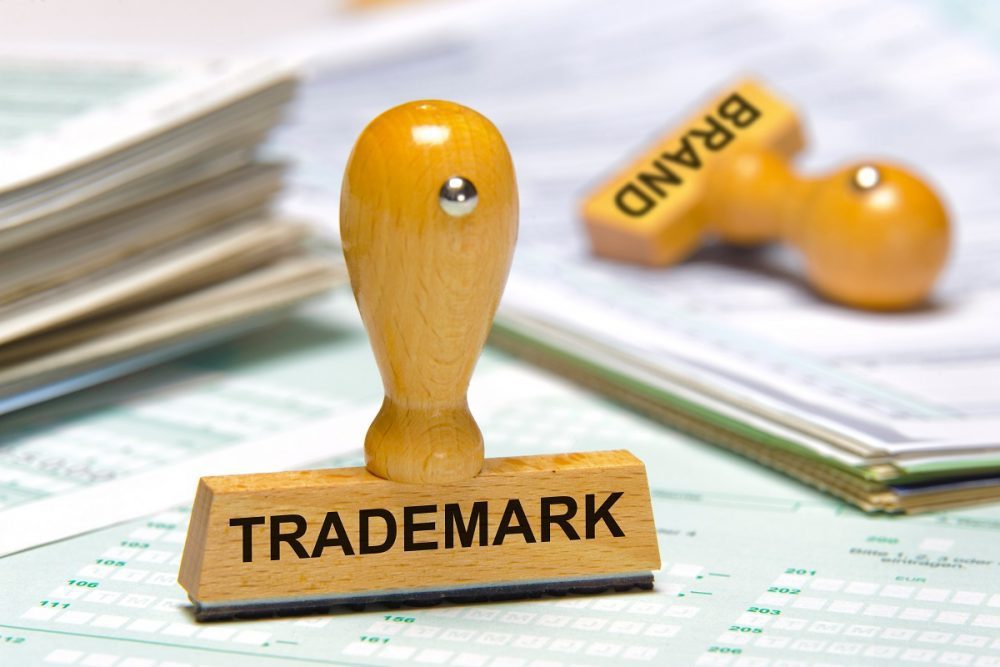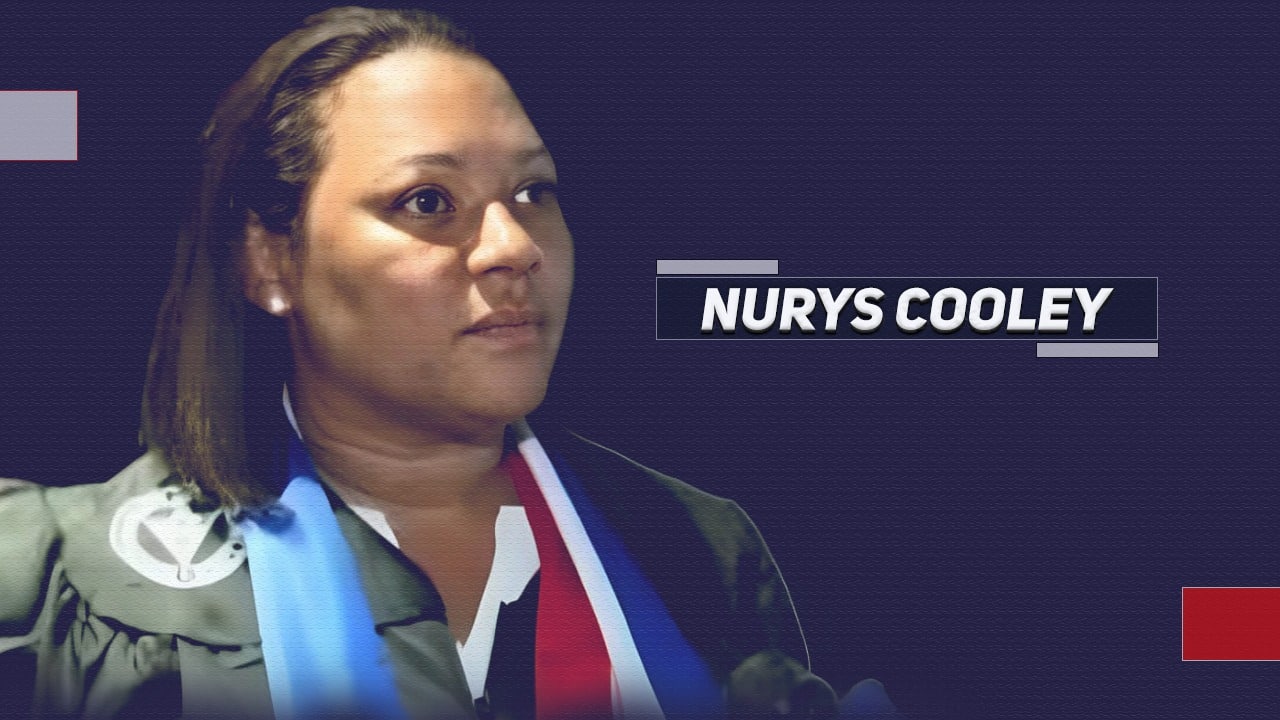Small businesses often start with limited capital, fixed assets, and human resources. But with the right product, marketing strategy, and sales conversion campaigns, many small businesses have been able to gain a considerable market share of their industries or sectors. However, one thing often left behind in their business development process is that they sometimes forget to monitor whether their brand names and trademarks are being copied or infringed.
If you’re a business operating in Florida and you’ve already registered your brand names and trademarks, you might want to consult with lawyers who can send out a Florida cease and desist letter to those responsible for infringing your brands. Small businesses should seriously consider having their brand names and trademarks registered with the authorities to be protected if they haven’t done so yet.
Here are some of the steps that small businesses can take to manage any infringement of their brands or trademarks:
1. Prepare Official Co#pies Of Your Trademarks And Document Infringing Marks
Before you can take legal action against any entity or individual which has infringed your brands or trademarks, you need to prepare your official copies or versions of your brand names and trademarks and documents about the infringing marks. Trademarks aren’t just about brand names – there are other things associated with your small business which can also be infringed on, like your business signage and brand logos.
Here are some business brands and trademarks that you need to have official copies of:
- Company Or Trade Name – You should always be on the lookout for any entity or company using your company name without your permission. People buy products based on the quality of the product that they’ve come to associate with the company’s name. When your small business grows, somebody else might take advantage of your business goodwill and sell products using your tradename.
- Product Names Or Brand Names – Another thing consumers remember about the products they buy are their names and brands. You should monitor any infringements of product and brand names of all your brands and items for sale. When they become a big market hit, unscrupulous people copy them for their profit.
- Varieties Or Versions Of Your Brand Names – You should track even attempts to copy versions of your brand names.
- Logos – You should have official copies of your logos ready. These are some things that copycats love to infringe on since buyers are often enticed to buy or drawn to the product because of the goodwill it holds.
- Advertising Slogans – Advertising slogans can have a significant impact on sales. It’s also one of the things that copycats love to infringe on, thinking it’s not covered by trademark protection. You should also keep track of this.
2. Investigate Ongoing Incidents Of Trademark Infringements
When you discover that some people or businesses are using your trademark or selling products that bear your product names or brand names, you don’t have to panic and rush to confront them, or you might lose your evidence. Instead, you can ask someone or go quietly to where they’re selling their merchandise. Pretend you’re one of the interested customers looking around for something to buy and try to get the names of the people responsible for the infringing business.
You should set up a way of investigating actual infringements of your trademark. If you haven’t done it yet, consider keeping a log or database of businesses, brands, and products which have names that are somewhat confusingly similar to your brand names or trademarks.
Remember that you can’t claim trademark infringement of your brand name or trademark in sectors or industries where you don’t do business. For example, if you have a trademark for XYZ pharmaceuticals, you can’t claim protection for XYZ hardware supplies unless you also sell hardware supplies.
When you’re already sure that someone has infringed on your brand name or trademark, you might want to consider making public announcements to disown the products and brands sold by the infringing entity or individual. You can publish notices on classified ads, post them on social media pages, and put-up posters in public places near the site where the infringing entity is selling their goods.
3. Seek Help From Lawyers
When you’ve already prepared all the official copies of your brand names and trademark registration documents, you might want to seek the assistance of a law firm. They can help you enforce your brand name and trademark rights. They can send a cease-and-desist letter to the people responsible for the trademark infringing products and merchandise. If necessary, they can also use the evidence you’ve gathered to ask for help from trademark enforcement authorities.
When selecting a law firm, ask about their experience and track record in enforcing the brand name and trademark rights of their clients. Ask them for references to actual cases of trademark infringements that they’ve already handled for previous clients. Check out the ones they say they’ve litigated before. It would help for you to know the outcome of these cases, up to the higher courts, if they were appealed. You might also want to check out news items and articles about them if there are any.
4. Set Up A Plan Of Action To Monitor Future Infringements
Moving forward, you should draw up a plan of action to have early warning triggers or red flags so that you’d receive notifications whenever your brand name or trademark is about to be infringed or as soon as infringements are committed. You can ask the law firm you hired to help you monitor and track potential infringements of your brand names and trademarks in the future. Law firms specializing in Intellectual Property (IP) law practice usually offer and provide this service.
Although you might already have your in-house monitoring logbook, you should have a system that integrates your in-house tracking with the law firm you hired. This way, they can immediately send out cease and desist letters as soon as any of your trademark rights are infringed. It will enable a seamless protection mechanism and quick enforcement of your trademark rights.
Conclusion
Small businesses are often busy with the demands of the day-to-day operations of their business. Most of them are focused on selling more of their products and increasing their profit margins. Most of the time, they tend to overlook other important matters, such as the infringement of their brand names and trademarks. Many don’t even bother to register their brand names and trademarks. They only realize its importance when they’ve grown their business and unscrupulous people steal their brand names and trademarks.







































